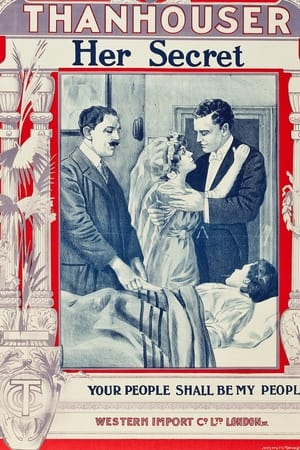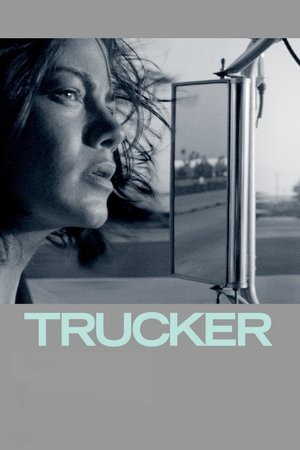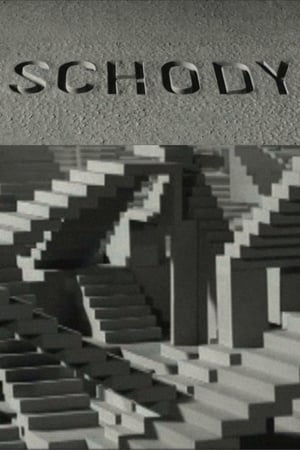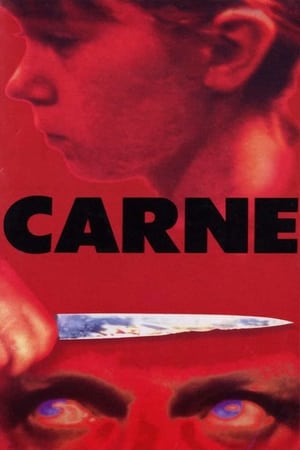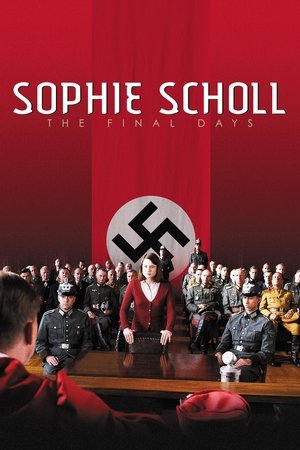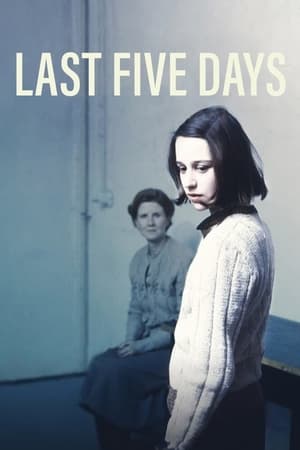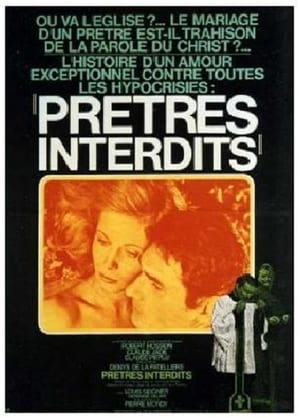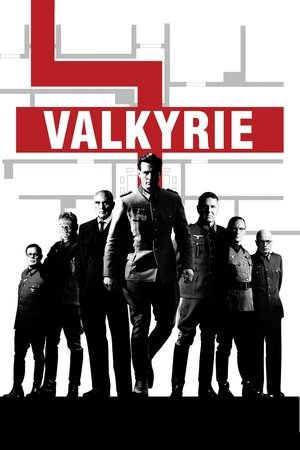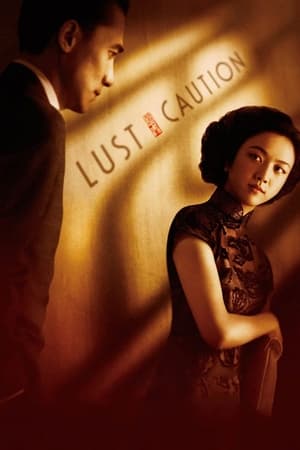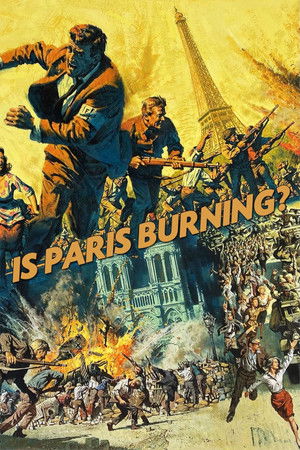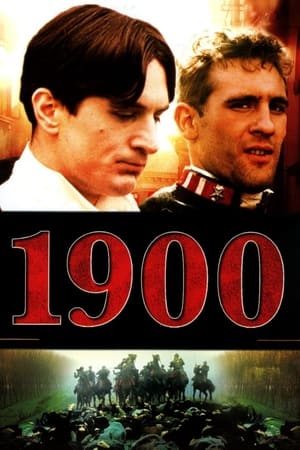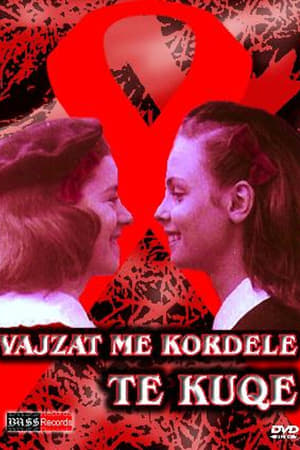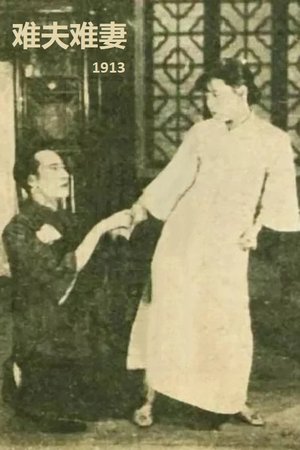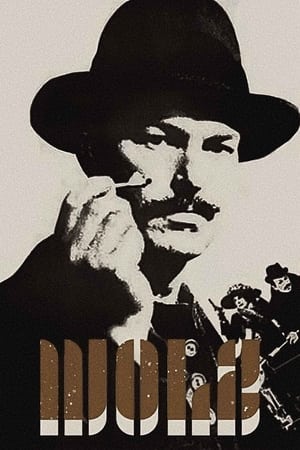Overview
Backstage before a performance, a French actor recalls his time in Madagascar during World War II, when he secretly ran a Resistance radio station under the watch of a collaborationist police chief. His story unfolds in flashback, revealing espionage, deception, and divided loyalties within the French ranks. Made for Britain’s Ministry of Information, this 1944 French-language propaganda short satirizes Vichy opportunism and wartime hypocrisy, and was shelved for decades before its release in 1993.

 31 min
31 min
 5.339
5.339
 1944
1944
 France
France

